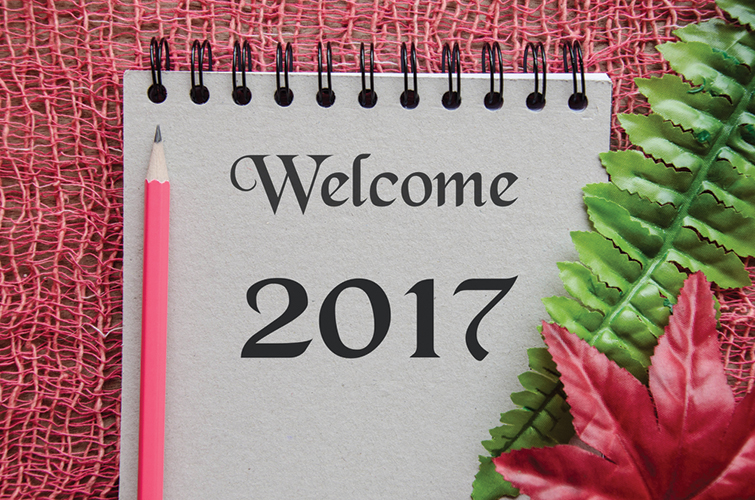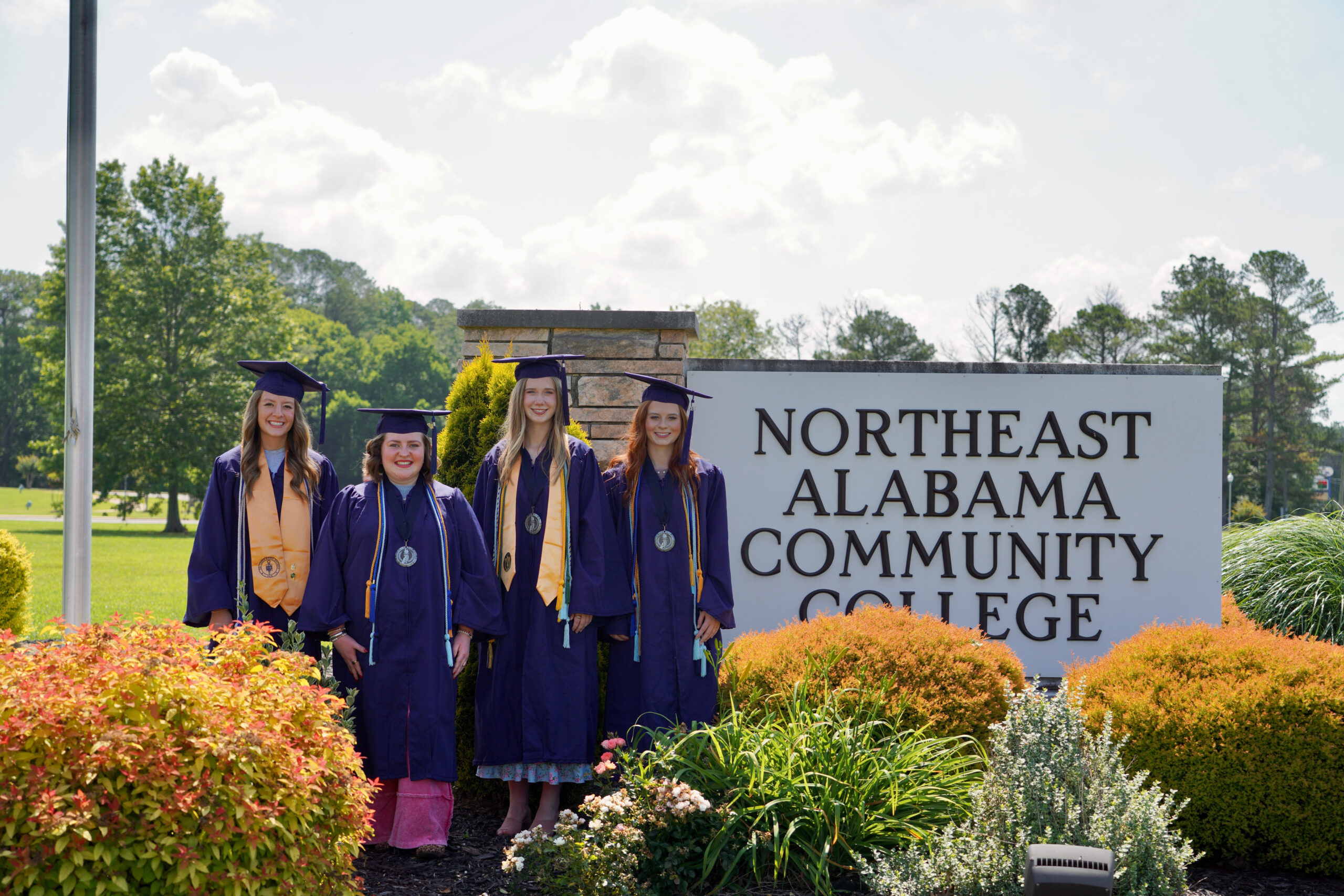The start of a new year is the perfect time to think about all the things you hope to accomplish in the coming months in the garden. It’s also a nice time to figure out ways to help others. And you can even combine the two!
Here are a few ideas to kick-start a 2017 garden to-do list for yourself and for others.
Gardening for yourself
Make a list of things you want to do in your 2017 garden and include any garden problems that need to be addressed. A prime example: If last year’s drought killed plants and lawn areas in your yard, plan ways to repair the damage or reimagine a lower maintenance, more drought-tolerant landscape.
Peruse gardening websites or other online resources or curl up with seed and plant catalogues, books and magazines, which you can buy or borrow from your local library or gardening friends.
Collect your ideas in a central, easy-to-access location. Pinterest or another online idea organizing application or website can help with this if you’re tech-savvy. If you prefer to hold ideas in your hand, buy a garden journal/organizer or make one from a loose-leaf or spiral-bound notebook. (Get one with pockets, where you can store pages from magazines, brochures and other printed material.)
Visit public gardens for inspiration. A nice list of Alabama’s public gardens is available at www.al.com/living/index.ssf/2016/03/gardens.html#14.
Attend winter gardening workshops and presentations. Check with local garden clubs, public gardens, nursery and garden centers, Master Gardener groups and local Alabama Cooperative Extension System offices for options.
Become a Master Gardener. Many local Master Gardener groups are accepting applications for 2017 classes, which typically begin in the spring or fall of the year. Check with your local Extension office or go to mg.aces.edu or alabamamg.org for more information on this program.
Gardening for others
Pitch in. Offer to help relatives or neighbors who may not be able to keep up with their own yard work or gardening duties.
Volunteer. Check with your local school system, chamber of commerce, Extension office or with other community action groups to see what garden volunteer opportunities are available in your area.
Donate. Many non-profit gardening organizations and projects rely on philanthropic support for their programs. Look for ones that fit your ideals and make a donation of money or in-kind supplies and services.
Heal. Therapeutic garden-related projects may well be underway at your local hospital, senior center and through other community service programs (see sidebar for one very special project that needs both volunteers and donations). Ask around to see if one exists in your area—or start one yourself!
These are just a few of the many ways you can make 2017 a year of gratifying gardening, but there are many more. Spend time this month exploring the options and if you have unique ideas of your own send them to me. Perhaps we can share them with other readers in future columns!
January Tips
- Plant shrubs, trees, fruit trees, roses and spring-flowering bulbs.
- Prune fruit trees and summer-blooming shrubs.
- Order seeds and plants for spring gardening.
- Keep birdbaths and bird feeders clean and full.
- Start a compost heap or turn existing ones.
- Plant hardy annual flowers and vegetables
- Sow seed for lettuces, cabbage and broccoli in cold frames.
- [list]
[/list]
A prescription for garden healing
We gardeners know the many physical and emotional benefits of gardening and now, thanks to a partnership between the University of Alabama Birmingham’s Comprehensive Cancer Center and the Alabama Cooperative Extension System’s Master Gardener program at Auburn University, those benefits are being shared with others.
The two organizations are working together to conduct a gardening intervention study, Harvest for Health, that pairs gardeners with cancer survivors in an effort to help survivors increase their intake of healthy vegetables while improving their physical function and quality of life.
For the study, funded through the National Cancer Institute, researchers are seeking 426 cancer survivors age 65 and older in 31 Alabama counties to work with Master Gardener mentors. Participating survivors receive all the gardening supplies — including garden beds (either raised or wheeled containers that make it easier to garden) — and all the help they need to tend their garden.
To learn more about the project, including which counties are participating in the study, details about criteria for participation, how to become a mentor or how to donate to the study, call 1-844-GROW-GR8 or send an email to [email protected] or [email protected].
 Katie Jackson is a freelance writer and editor based in Opelika, Alabama. Contact her at [email protected].
Katie Jackson is a freelance writer and editor based in Opelika, Alabama. Contact her at [email protected].





